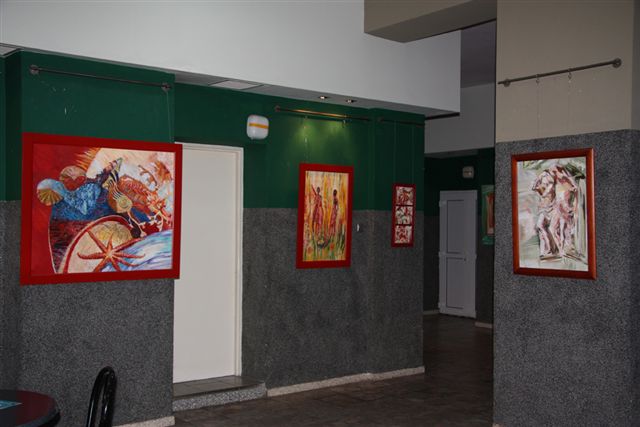Advanced Climate Control
페이지 정보
작성자 Bernice Ribush 작성일25-08-11 23:20 조회6회 댓글0건관련링크
본문
One of the most prominent impacts of smart technology on air conditioning is the ability to monitor and adjust and view temperature settings through smartphone apps. This means that consumers can adjust the temperature, check the system's status, and get alerts and updates whenever an issue goes wrong, all from the ease of their own homes or while they are away.
Another significant impact of smart technology on air conditioning is the improvement in power consumption. Smart air conditioning systems are designed to learn the user's preferences and エアコン 事業 adjust the temperature accordingly, ensuring that the system is always operating at optimal levels. Additionally, many high-tech air conditioning systems come equipped with features such as auto-shutoff, motion sensors, and geofencing technology, which help to lower power usage by automatically turning off the system when it is not in use.

Furthermore, advanced technology has enabled the integration of other high-tech devices and systems into the air conditioning system, creating a integrated and comprehensive home automation system. For example, users can now control their smart air conditioning systems alongside their high-tech lights, security cameras, and temperature control devices, creating a comprehensive living space.
In beyond the benefits of increased convenience, energy efficiency, and home automation, advanced technology has also led to the development of more sophisticated air conditioning features, such as advanced temperature control, humidistat functionality, and intelligent fan systems. These features allow for more accurate temperature control and improved air quality, resulting in a more comfortable indoor environment.
The integration of advanced technology with air conditioning systems also facilitates data analysis and understanding, enabling homeowners and consumers to maximize their power usage and make informed decisions. By analyzing usage patterns and energy consumption data, users can adjust their system settings to maximize energy efficiency and lower costs.
In conclusion to, the influence of smart technology on air conditioning has led to a significant transformation in the industry, offering consumers enhanced convenience, improved power consumption, and comprehensive home automation capabilities. As the demand for smart technology continues to rise, it will be fascinating to see how air conditioning systems transform to adhere the needs of an rapidly connected world.
